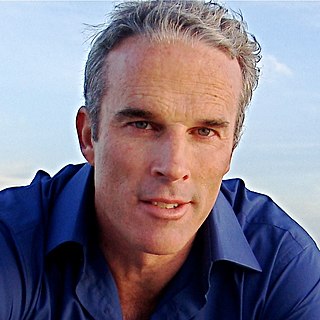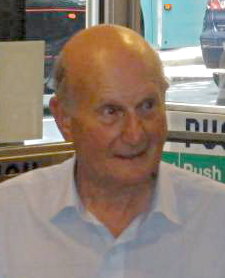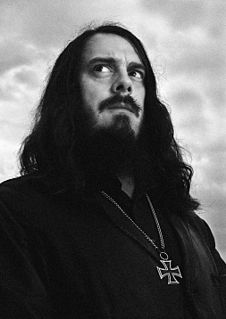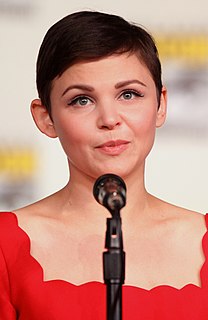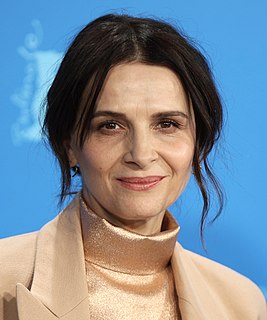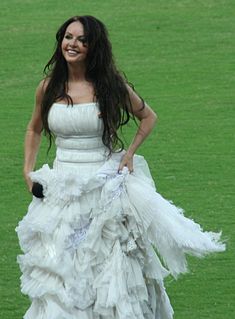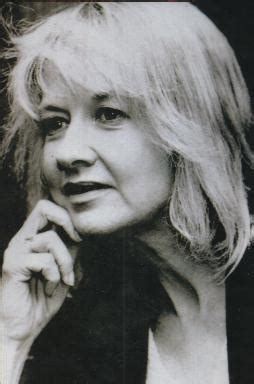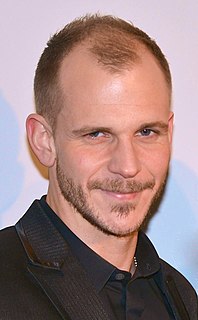A Quote by Ransom Riggs
I've always been interested in exploration and the history of exploring the world, but it seems like we've found everything now.
Related Quotes
Daniel Day-Lewis is particularly a sort of beacon I've been following for some time. For God's sake, I'm not even in his league but he inspires me because he's not interested in playing himself; he's only interested in playing other people and the whole thing is like an adventure for him, it seems to me. It's some kind of spiritual exploration, which is an amazing, noble thing.
Jonathan Meese is not interested in the history of reality. Everything radical and precisely graphic is sustainable. Human ideologies like religions and politics are based on the past and therefore irrelevant to art. Art always transforms radicalism of the past into the future. Art is always the total time machine. Jonathan Meese is interested in the history of the future. Art is never nostalgic.
I understand why society, especially American society, is gravitating toward fairy tales, given our economy. We've been exploring the world of witches and wizards for years. We've been exploring the world of vampires for years. Clearly the public - I mean, I feel like all of this was ushered in by 'Harry Potter' - in my own fannish beliefs.
I know I certainly wouldn't be writing books if it hadn't been for the feminist blogosphere, and I think that's a really amazing thing. And just the sheer power of outreach I think is incredible. It used to be that if someone was to get involved in feminism, it was probably because they were already interested. They were already interested in feminism; they were already interested in being an activist, and they found their way to like a NOW meeting or to a consciousness-raising group or something like that.
I am interested in the possibility that we are going to be wrong in the same way that history has indicated that mankind always is. It seems as though the history of ideas is the history of being wrong. And to me, that is a kind of continuum. It's a continual path that shows we don't always know something, but we're always shifting to a path that makes us feel more comfortable in the moment, even if that shift is wrong, and a new shift is destined to happen again.

